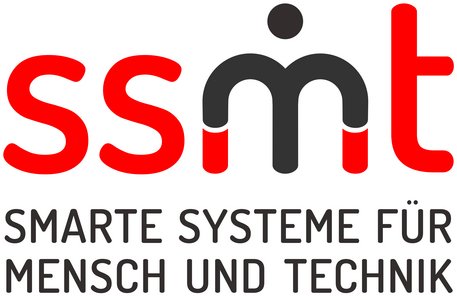FIBEVID
Auf einen Blick
|
Forschungsprojekt |
Fish Biodiversity Estimation by Low-Cost Non-Destructive Video Based Sampling |
|---|---|
|
Fachbereich |
Design Informatik Medien |
|
Labor |
Prof. Dr. Adrian Ulges Prof. Dr. Ulrich Schwanecke |
|
Leitung |
Prof. Dr. Adrian Ulges |
|
Beteiligte |
Marc Lieser |
|
Ansprechpartner Forschungsförderung |
Susanne Korzuch Judith Hayer |
|
Projektpartner |
National University of Sciences and Technology (NUST), Islamabad/Pakistan |
|
Laufzeit |
01.2016 - 12.2018 |
|
Finanzierende Institution oder Auftraggeber |
Deutscher Akademischer Austauschdienst DAAD |
Projektbeschreibung
Pakistan’s water bodies are home to 34 fish species that are unique world-wide, multiple of them endangered. The monitoring of these species so far is only marginal, and issues such as population estimation, species association tracking and stock assessment are tackled manually, which is expensive, of limited coverage, and comes with fish injury and mortality. Therefore, a key to preserving Pakistan’s rich underwater fauna is a cheap, non-invasive sampling strategy for underwater species, which is so far not available in Pakistan.
The goal of FIBEVID is to employ underwater computer vision technology for an automated surveying of fish species. The development of such a technology comes with several difficult challenges, including the construction and deployment of suitable underwater camera rigs, as well as the development of innovative software for a semi-automatic localization, tracking, measuring and classification of underwater species. FIBEVID’s goal is the development and field testing of a first prototypical solution providing all this functionality. The result will form the basis for a non-invasive, low-cost surveying of Pakistan’s fish population, and benefit the preservation of endangered species as well as a more sustainable economic exploitation of Pakistan’s resources.
FIBEVID brings together computer vision experts from the DCSM department of RheinMain University of Applied Sciences (HSRM, Wiesbaden/Germany) and the National University of Science and Technology (NUST, Islamabad/Pakistan). The Pakistan Museum of Natural History (PMNH) will accompany the project as an application partner. Together, we envision the project to form a first step towards a long-term, sustainable partnership in underwater vision research.
FIBEVID includes an exchange of master’s level students for a joint collaboration on the vision-based fish surveying system. Students will benefit from their involvement in cutting-edge research, and from the strong scientific programmes both at HSRM and NUST. During the project, candidates for an extended research collaboration on PhD level shall be identified. The basis for this has been lain both at HSRM (where a PhD program in collaboration with Goethe University Frankfurt exists) as well as NUST (where a university program provides funding for PhDs abroad to top candidates).


